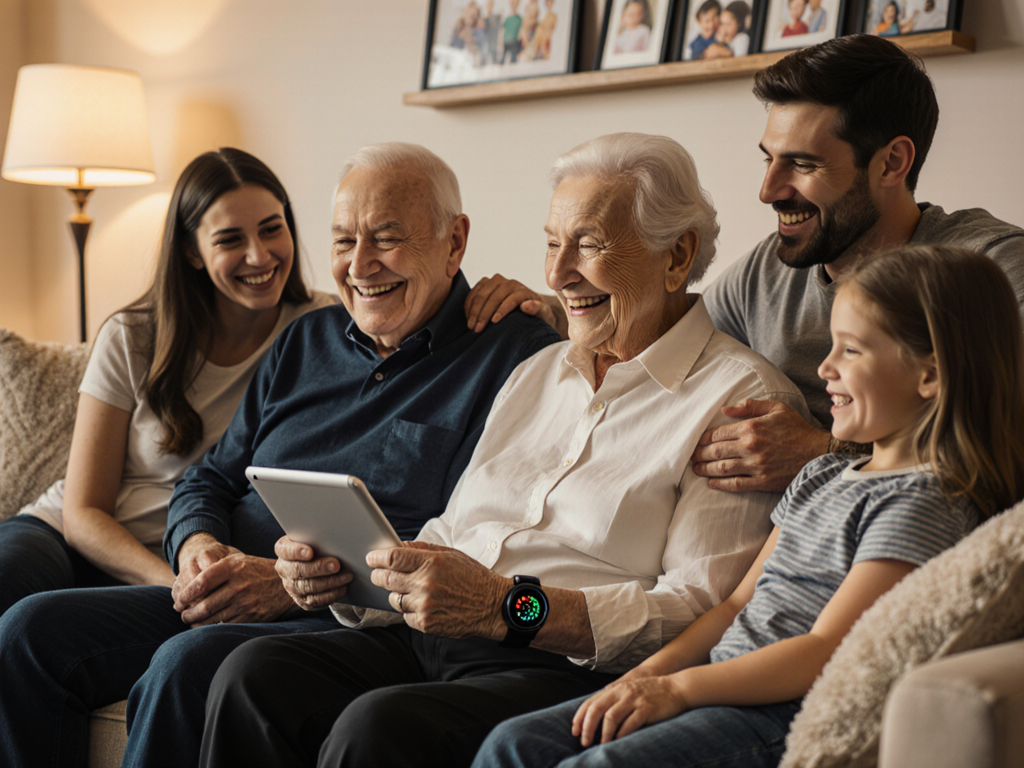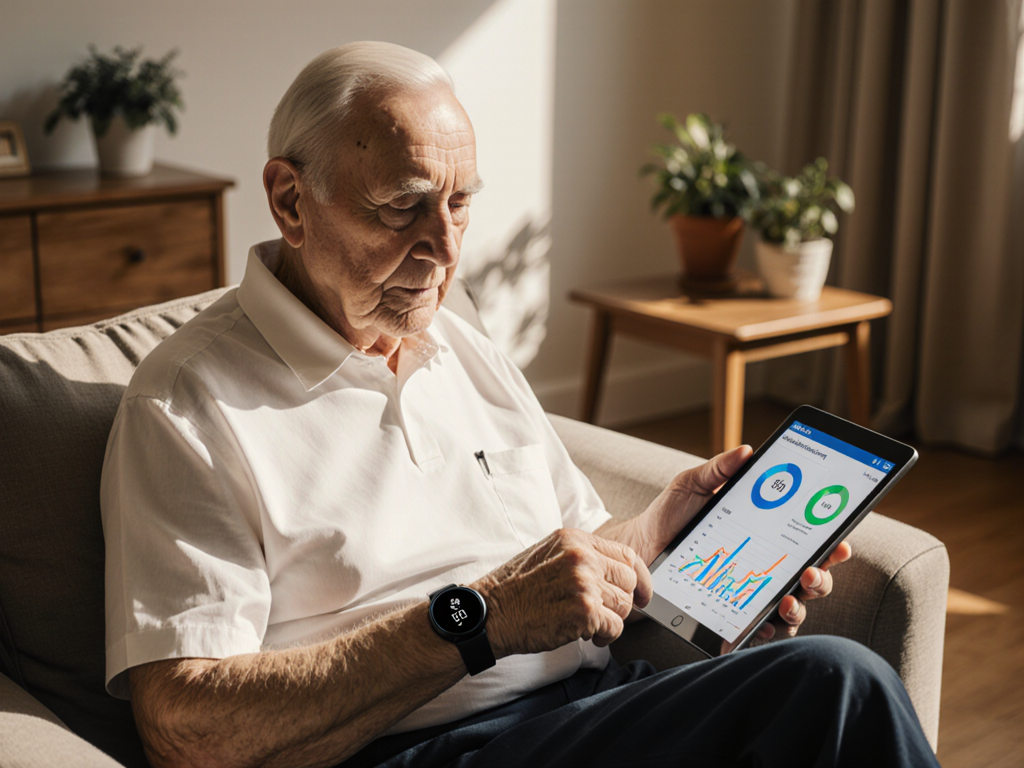
Here are the top 10 benefits of real-time health monitoring and why it’s transforming the healthcare:
1. Reducing Healthcare Costs
Preventative care and early interventions made possible by real-time monitoring can significantly lower healthcare expenses.
- Example: A user with high blood pressure receives early alerts, prompting them to see their doctor and adjust medications, avoiding a costly emergency room visit.
- Benefit: Long-term savings for both individuals and healthcare systems.
2. Early Detection of Health Issues
Real-time monitoring provides an early warning system for potential health problems.
- Example: Abnormal blood pressure or heart rate patterns can alert users to conditions like hypertension or arrhythmia before symptoms appear.
- Benefit: Early detection allows for timely medical intervention, preventing complications.
3. Enhanced Preventative Care
Proactive health monitoring enables individuals to detect trends or subtle changes in their health that might not yet be symptomatic.
- Example: Regular oxygen level tracking identifies gradual declines, allowing the user to address respiratory issues before they become severe.
- Benefit: Prevents small issues from becoming larger, costlier health problems by catching them early.
4. Continuous Monitoring Between Doctor Visits
Traditional healthcare often leaves gaps between appointments, but real-time monitoring bridges these gaps.
- Example: A patient recovering from surgery tracks vitals like heart rate and body temperature daily, helping their doctor ensure no signs of infection are present.
- Benefit: Both users and doctors stay informed about ongoing health trends.
5. Empowering Proactive Decisions
Knowledge is power, and real-time data empowers users to take control of their health.
- Example: High stress levels detected through heart rate variability (HRV) prompt a user to practice breathing exercises, reducing their risk of a panic attack.
- Benefit: Proactive care leads to healthier outcomes and reduces emergency situations.
6. Improved Medication Management
Real-time data allows doctors to tailor medication doses based on a patient’s response, avoiding over- or under-medication.
- Example: A diabetic patient uses Pulsevia to monitor heart rate and blood pressure, helping their doctor adjust insulin and blood pressure medications for better outcomes.
- Benefit: Increases the effectiveness of treatment plans and reduces side effects.
7. Enhancing Emergency Response
In emergencies, every second counts. Real-time monitoring can detect sudden changes and alert caregivers or emergency services instantly.
- Example: Pulsevia’s fall detection feature alerts a caregiver when an elderly user falls, ensuring immediate assistance.
- Benefit: Faster response times save lives and reduce the severity of incidents.
8. Increased Motivation for Health Goals
Seeing real-time progress through a health monitoring device encourages users to adopt healthier behaviors, like staying active or eating better.
- Example: Pulsevia’s activity tracker notifies a user when they’re close to reaching their step goal for the day, motivating them to take a few more steps.
- Benefit: Motivation leads to long-term improvements in overall well-being.
9. Supporting Aging in Place
For seniors, proactive monitoring allows them to stay at home safely rather than moving into assisted living or nursing homes.
- Example: An elderly user’s family receives alerts about their vitals and activity levels, ensuring their loved one remains safe and independent.
- Benefit: Increases independence while reducing the financial and emotional burden on families.
10. Encouraging Healthy Habits
Real-time monitoring provides a constant reminder of the importance of healthy habits.
- Example: Pulsevia’s hydration reminders alert users to drink water regularly, improving their overall health.
- Benefit: Small daily changes lead to long-term improvements in health and wellness.
Ready to experience the benefits of real-time health monitoring? Learn more about Pulsevia at Pulsevia.com and take control of your health today.


